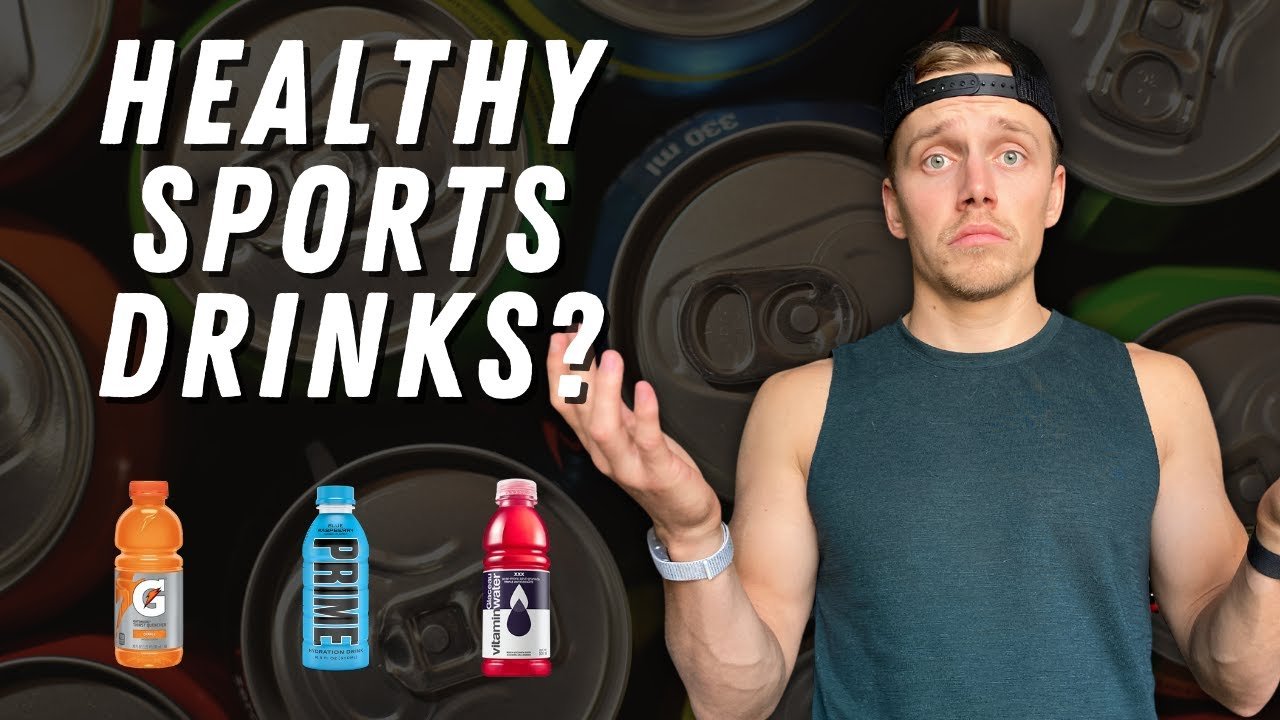Understanding Sports Drinks
Sports drinks are formulated to help athletes and active individuals maintain electrolyte balance, energy levels, and hydration during intense physical activity.
Essential Components of Sports Drinks
Sports drinks typically contain water as their base component for hydration. But water alone isn’t enough when sweating out essential minerals. They are imbued with electrolytes like sodium, potassium, magnesium, calcium, chloride, and occasionally zinc, iron, and phosphorus. These electrolytes are crucial for maintaining nerve function and muscle control. Carbohydrates in the form of sugars provide a quick energy boost, helping to sustain performance during prolonged activity.
- Electrolytes: Sodium (~460-690 mg/L), Potassium (~78-195 mg/L), Calcium, Magnesium
- Carbohydrates: 6-8% sugars for energy
- Water: For hydration
Types of Sports Drinks
There are generally three types of sports drinks based on their osmolarity – isotonic, hypotonic, and hypertonic. Isotonic drinks possess a similar concentration of salt and sugar as the human body, making them a popular choice for athletes. Hypotonic solutions are less concentrated and quickly replace fluids lost by sweating. Contrastingly, hypertonic beverages have a higher concentration of sugar and are typically used post-workout to help in recovery and energy replenishment.
- Isotonic: 6-8% carbohydrates, balanced electrolytes
- Hypotonic: Lower carbohydrate concentration, quick hydration
- Hypertonic: High carbohydrate concentration, for energy replenishment
Health Considerations and Dietary Restrictions
While sports drinks can be advantageous, their sugar content should make those with dietary restrictions pause. Excessive consumption may lead to increased calorie intake and dental problems, particularly in non-athletes. The consumption of sports drinks should be matched with the level of physical activity. For those looking for a calorie-free option, there are options sans sugar, providing electrolytes without the extra carbohydrates.
- Balance sports drink use with activity level
- Consider sugar-free options for calorie control
Now, when you’re reaching for that bottle after your next game, remember these details about what makes sports drinks tick. Keep an eye on the contents, and match your choice with your needs and restrictions. Stay informed, stay hydrated, and keep on moving!
Selecting the Right Sports Drink

When choosing a sports drink, one should consider hydration effects, endurance support, and personal taste preferences. These drinks are not just about quenching thirst, they’re specifically formulated to enhance athletic performance and recovery.
Hydration and Electrolyte Balance
Proper hydration is key during exercise, and replenishing electrolytes is just as important since they are lost through sweat. Sports drinks with a balanced electrolyte content, including sodium and potassium, help maintain this balance. For sodium intake, look for a drink that has approximately 100-250 mg per 8 ounces, which prevents hyponatremia.
Energy and Endurance Considerations
For extended activities, a sports drink should include carbs for energy. The effective range is generally 6%-8% carbohydrate concentration to optimize absorption and fuel muscles. Additionally, drinks with caffeine provide a performance boost for some individuals.
Taste and Variety Options
The taste of a sports drink can motivate one to drink more, helping to ensure adequate hydration. Options span the traditional citrus flavors to innovative fruit combinations. Look for natural, organic, or all-natural sports drinks if ingredients are a concern, including options for those who prefer vegan, gluten-free, or non-GMO products.
Popular Sports Drink Brands and Alternatives

In a world where staying hydrated and energized is key for active individuals, it’s worth exploring the heavy-hitters of the sports drink industry and their natural counterparts that are making waves in the market.
Market Leaders in Sports Drinks
Gatorade and Powerade are the titans of the sports drink industry, holding commanding market positions with their wide range of flavors and electrolyte-packed formulas. Gatorade’s recognition got a significant boost from its inception in the labs of the University of Florida, earning it a long-standing reputation among athletes. Meanwhile, Powerade, with its ION4 Advanced Electrolyte System, continues to be a go-to choice offering vitamins B3, B6, and B12.
Natural and Organic Alternatives
As consumers become more health-conscious, options like Nuun Sport and Harmless Harvest Coconut Water have become popular for their natural and organic ingredients. Nuun Sport tabs are a hit with athletes looking to avoid artificial additives, while Harmless Harvest’s emphasis on organic coconut water taps into the market for non-synthetic hydration solutions. Registered dietitians often point to coconut water for its naturally occurring electrolytes and hydration efficacy.
Hydration Innovations
Innovation in hydration is led by brands like Liquid I.V. Hydration Multiplier and Skratch Labs Sport Hydration Drink Mix. Liquid I.V.’s use of Cellular Transport Technology increases the uptake of water and other key nutrients more efficiently than water alone. Alternative options like Tailwind Endurance Fuel are formulated to minimize stomach distress while maintaining energy during endurance activities. With a precise blend of electrolytes and sugars, Skratch Labs has found a niche audience that appreciates their approach to hydration that claims to match what the body loses during strenuous activity.

